The Musings
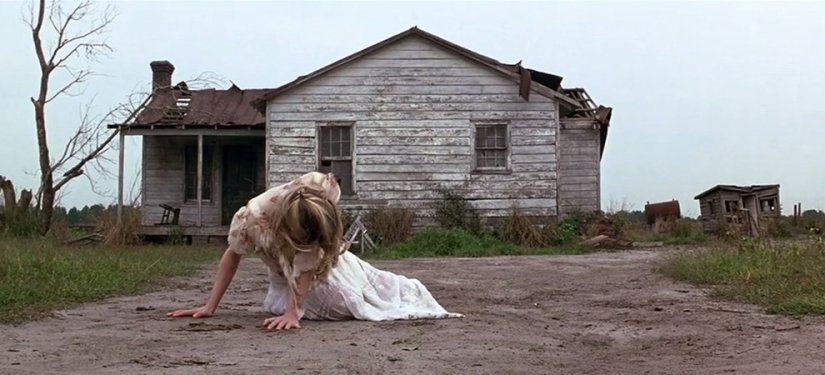
Avoid South Facing Chariots
As filmmakers, we have all sorts of tools at our disposal: dollies, cranes, Steadicam, handheld, insert cars, drones, and on and on. Sometimes, we can get caught up in the tech and forget about what we are really there to do: to tell stories.
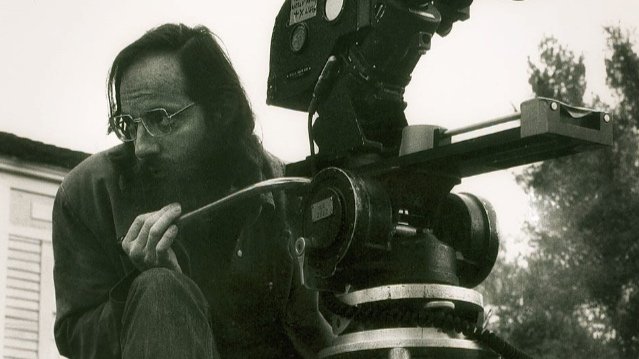
When The Camera Learned To Dance
There was a time when cameras didn’t move at all. In those early days, in the novelty of the first moving pictures, pictures of people gesturing and waving on the screen were enough. Then very quickly the camera learned to travel, first on cars and trains and then on primitive dollies and cranes, and then for quite some time they were…content.
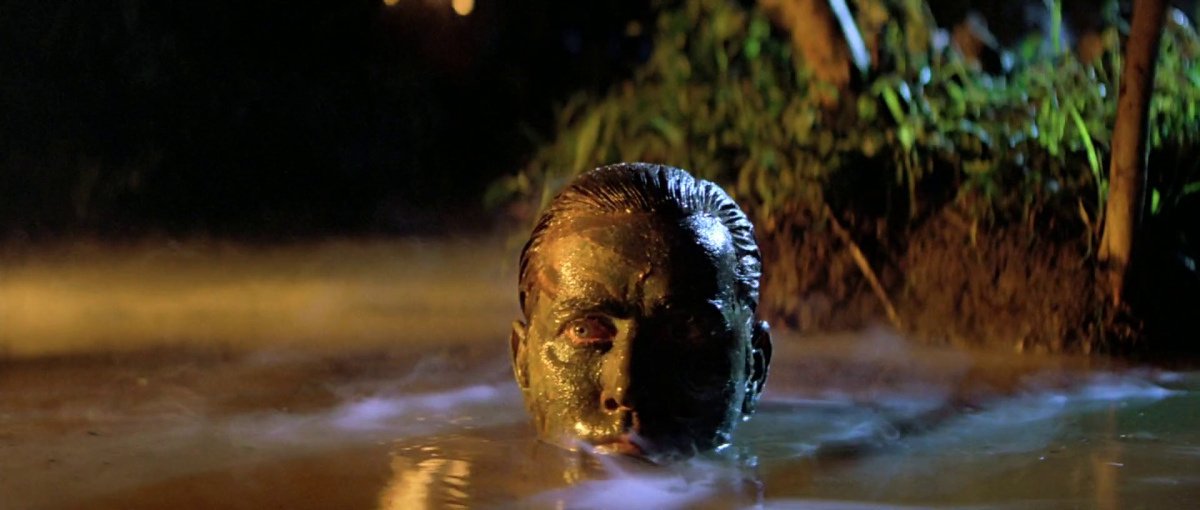
Quick Tip: Follow the Boom
You were up late last night. You lost the script. You just can’t remember lines. There are a ton of reasons you can have trouble following dialogue and when you do, there is usually one tried and true option for remembering who is talking next.
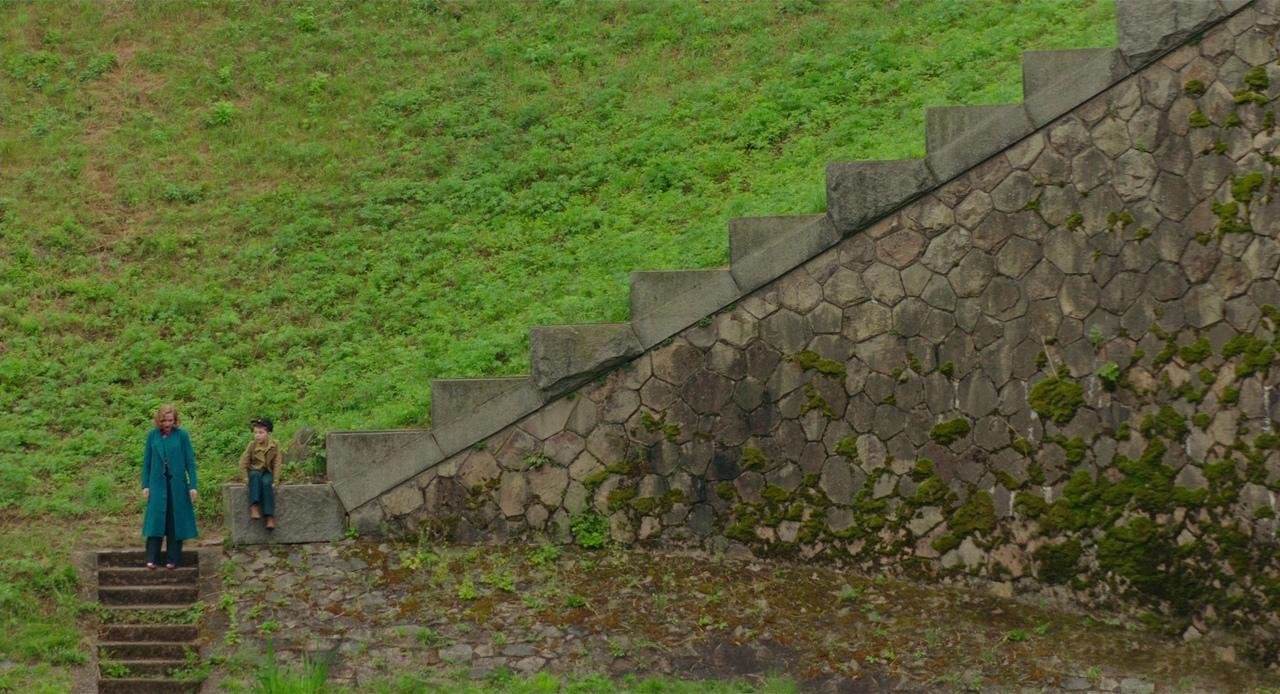
Quick Tip: Accidentally Leave The Camera on a Frame You Like
There are going to be those jobs where someone - the director, the DP, another operator who is higher on the line then you are, crafty - is going to talk you into a frame that you don't like.
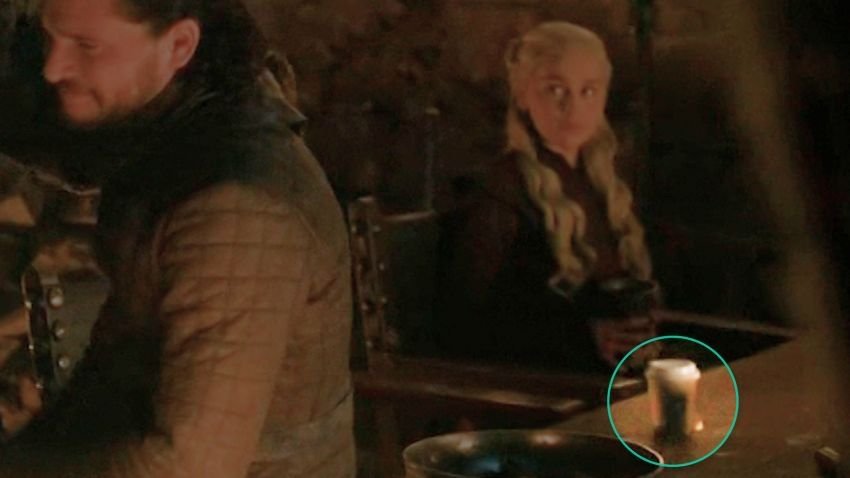
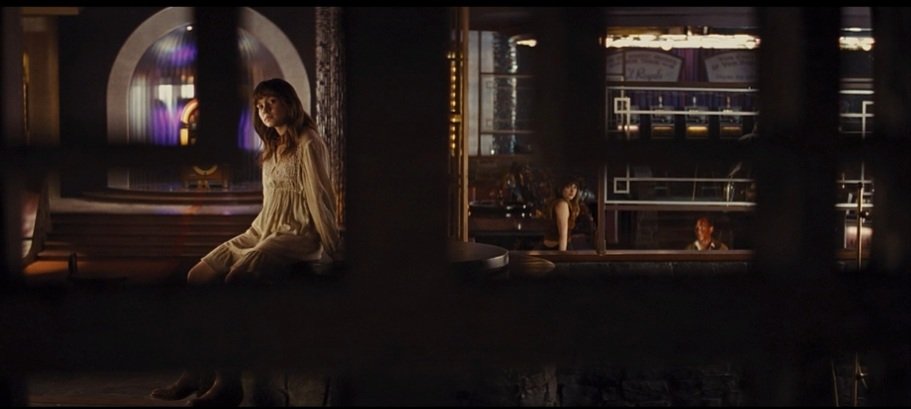
When The Actors Get To Set
By the time the actors get to set, your job is to be absolutely ready, not only for what has been planned, but for what might arise that you need to quickly adjust to.
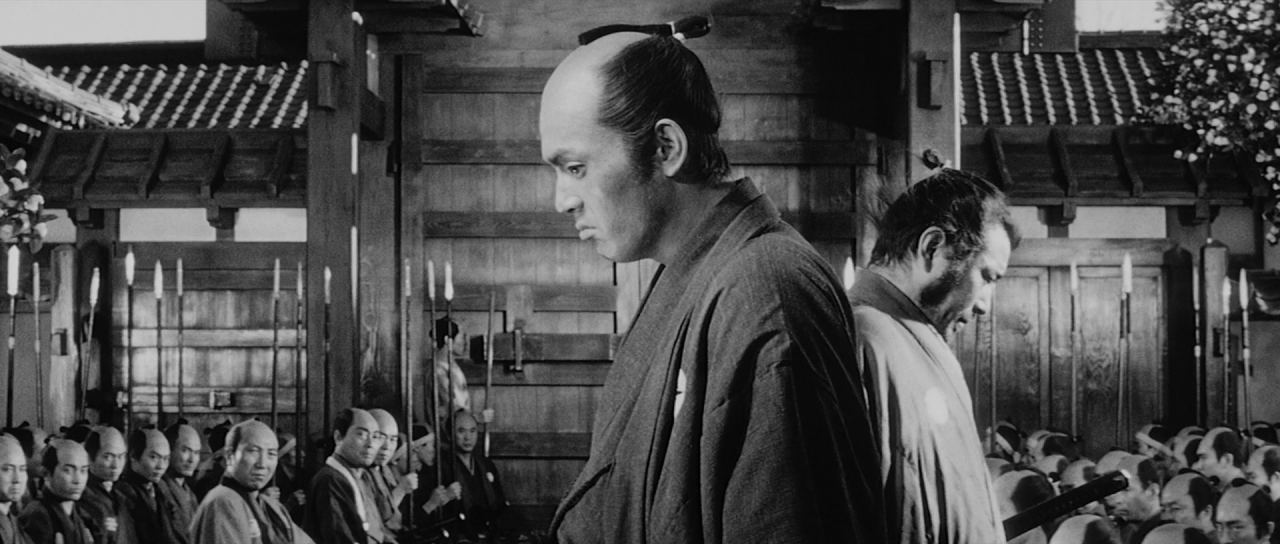
Quick Tip: Plastic Down on a Garage Floor AKA Sand is Not Your Friend
At some point in your career, you will eventually find yourself in a garage, industrial space, etc., with a poured concrete floor.
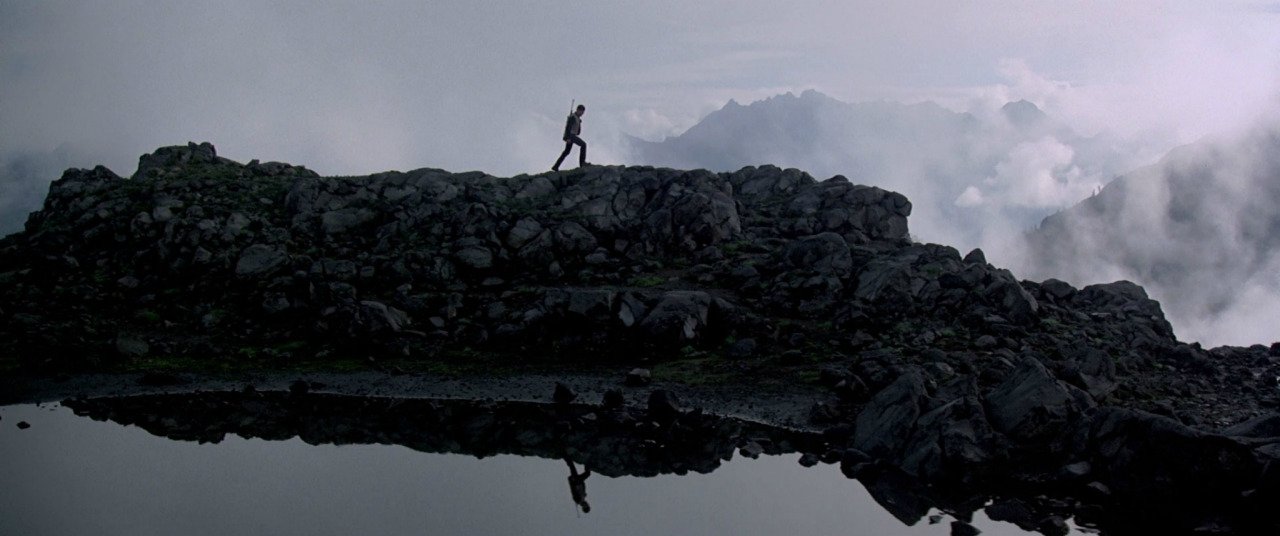
Location Gigs
Depending on who you are, location gigs can either be the greatest thing out there or the bane of your existence.
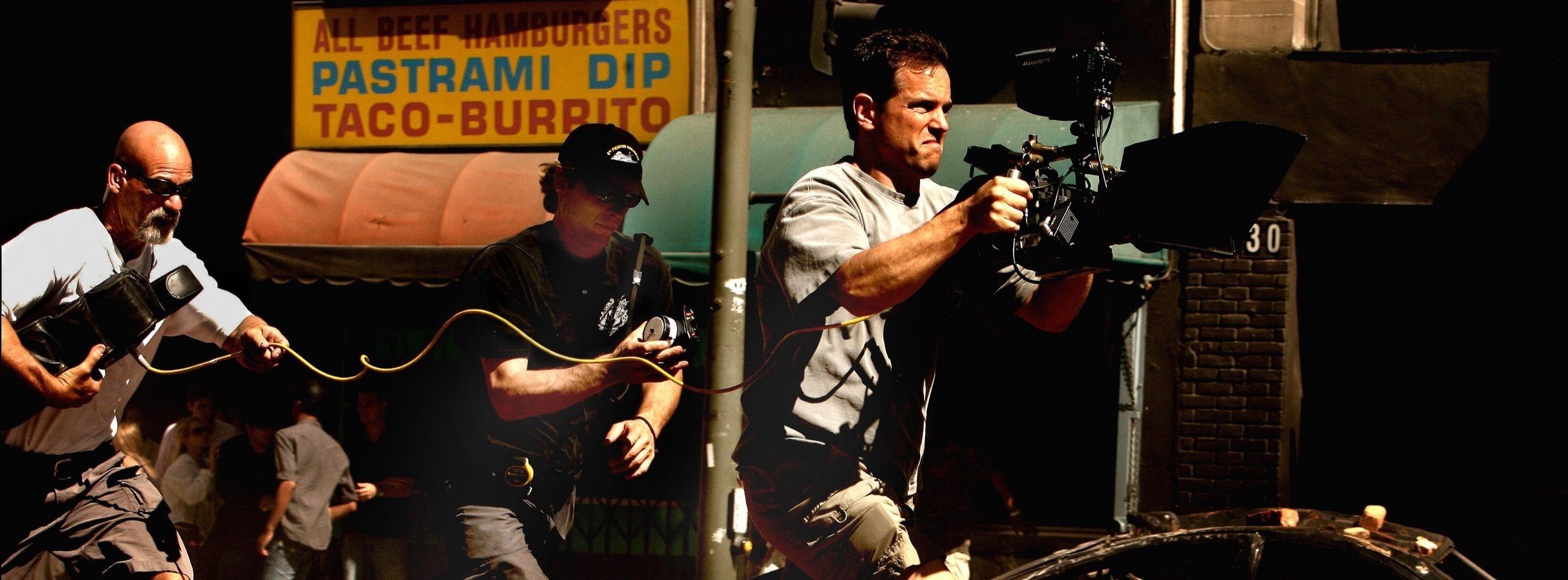
Quick Tip: Running With A Camera
Invariably, it is going to happen. You are going to be on set and the director is going to look at you and say, “Well, can’t you just run with them?” Note: any time you hear the word ‘just’, pay attention; it's never just ‘just’.
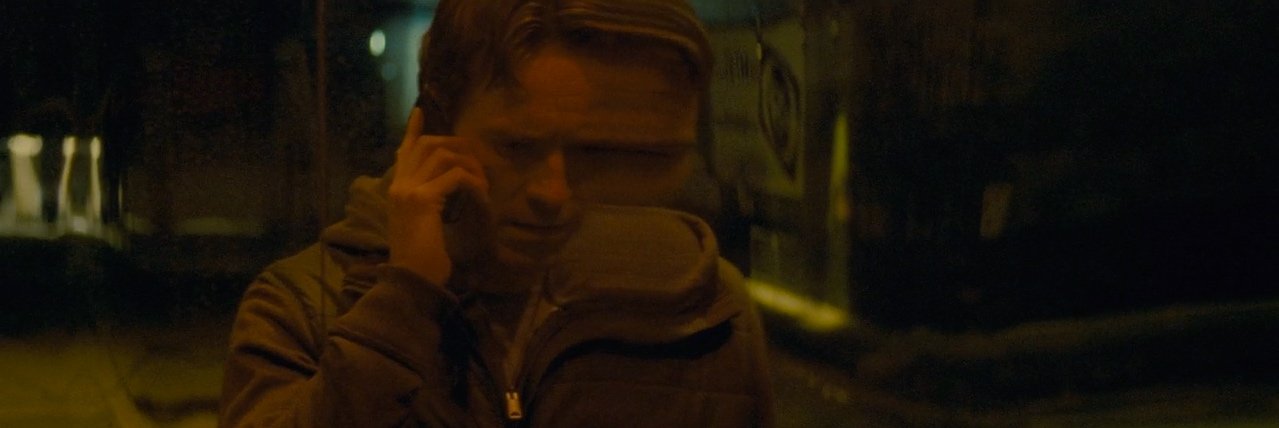
A Close Up of a Horse
I was working on a film once with a very big-name director, doing a Steadicam shot inside a stable involving a horse and the lead actor.
The director called in and said, “Start on a close-up of the horse and then pull back to reveal our hero.”
So, I moved in a little closer and framed up the horse from the tip of its nose to the top of the ears.
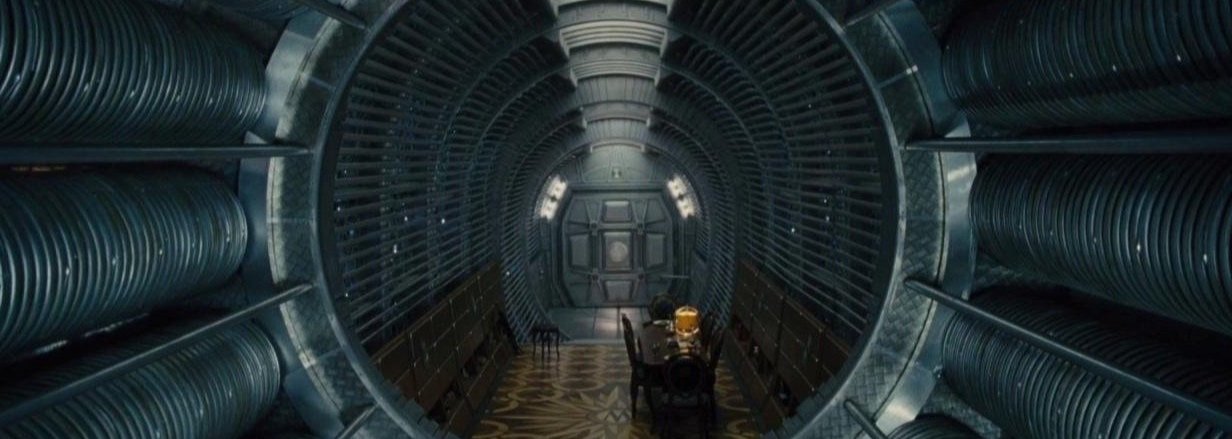
Quick Tip: Backwards Engineering
Once you get confident in what you are doing, backwards engineering is going to be your friend and what you do every single day. Now, when I say backwards engineering, I don't necessarily mean to start at the end of the shot and work backwards, but, rather, start at the hardest point of the shot and figure everything else out from there. You will find that this often determines the method of how you do a shot, and you will work everything else out around that.
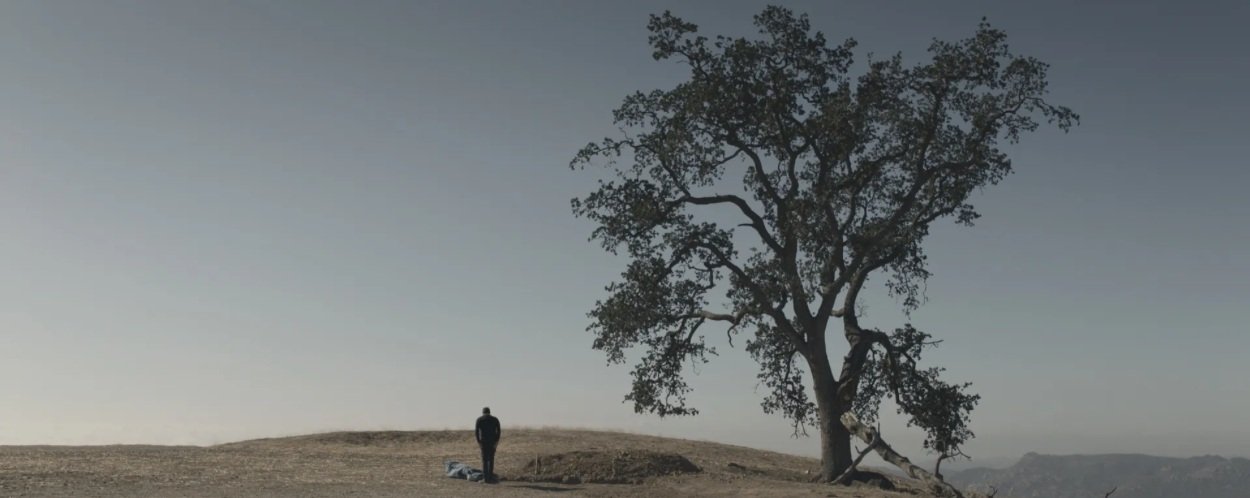
Beginning, Middle, and End
Any good well thought out shot that is advancing the story should have a beginning, middle, and end. Sometimes these are clear. The dolly starts to move as the individual enters the frame, it continues to move as the individual stops, and it ends as the second person enters the room and walks past the camera. Sometimes, they are not so clear and you need to manufacture them.
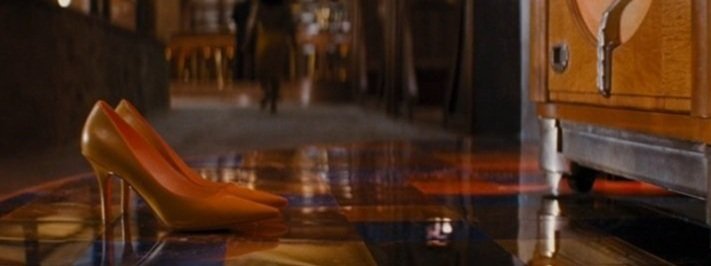
Be fun, Be Interesting, Be Memorable.
It goes without saying that in order to keep working in this industry you have to be good. Knowing your job, being dependable, being able to kill it in a tough situation, that is all extremely important. But having said that, you don't have to be the best, rather, you have to be good, and be someone that people want to be around.
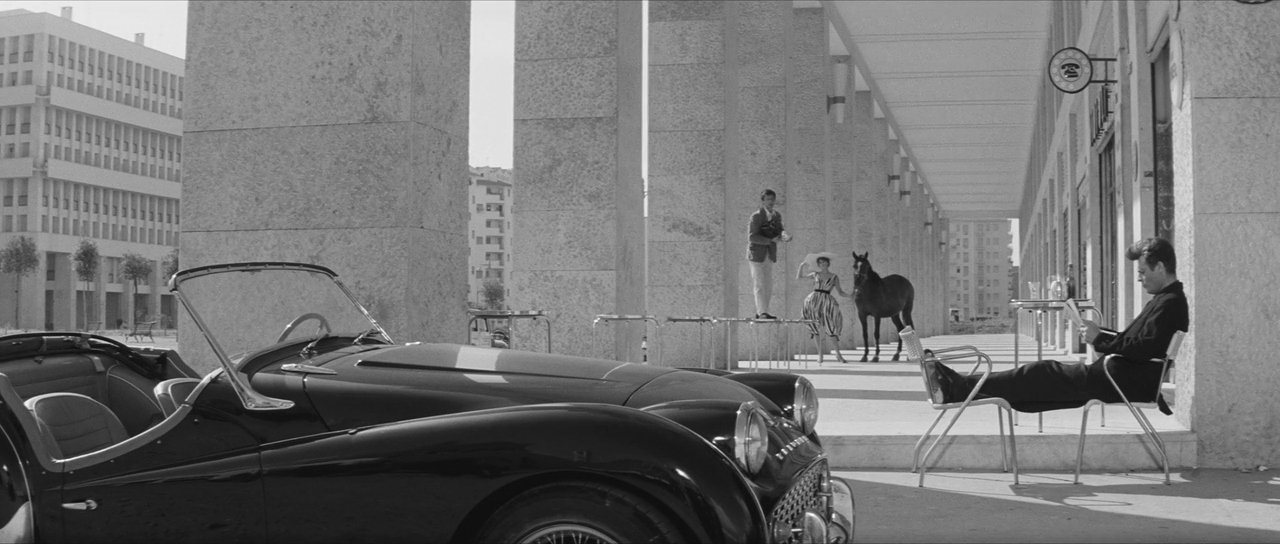
Quick Tip: Lock Offs
It happens occasionally that you will need to create a shot that is a full lockoff over time, or at least land a shot, lock off, and then begin the shot again from that exact same place. Usually this is because there is some change in the scene that has to do with a time lapse. It can be as simple as a dissolve from one thing to another (mom leaves the kitchen door and says don’t mess things up, camera locks and cuts while the set decs create chaos, and then rolling camera and having mom walk back into a complete mess), or multiple days of changes (camera dissolves through a series of scenes as the sun moves through the room).
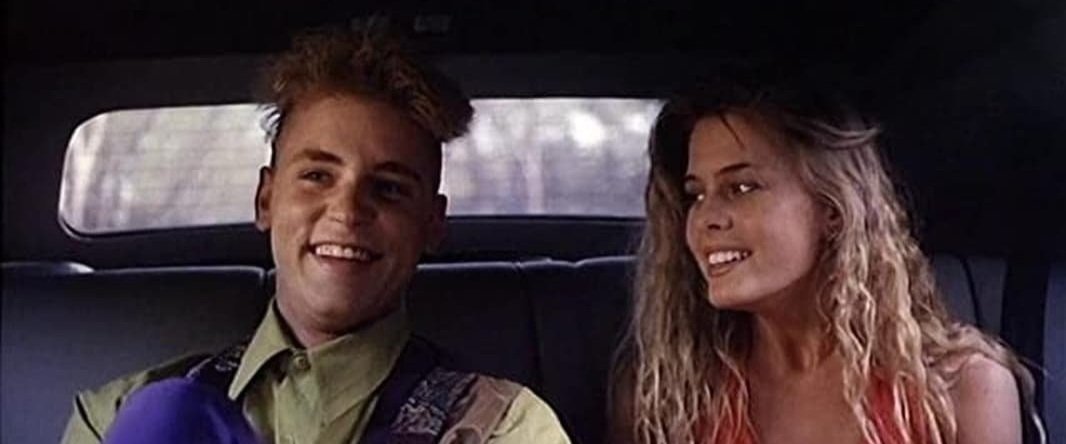
My First Reel
Centuries ago, when my hair was still black, my knees didn’t hurt, and I was trying to create a career for myself as a young steadicam operator, I got word that a cinematographer named Adam Kane – who some friends of friends of friends knew – was looking for a Steadicam operator for a feature.
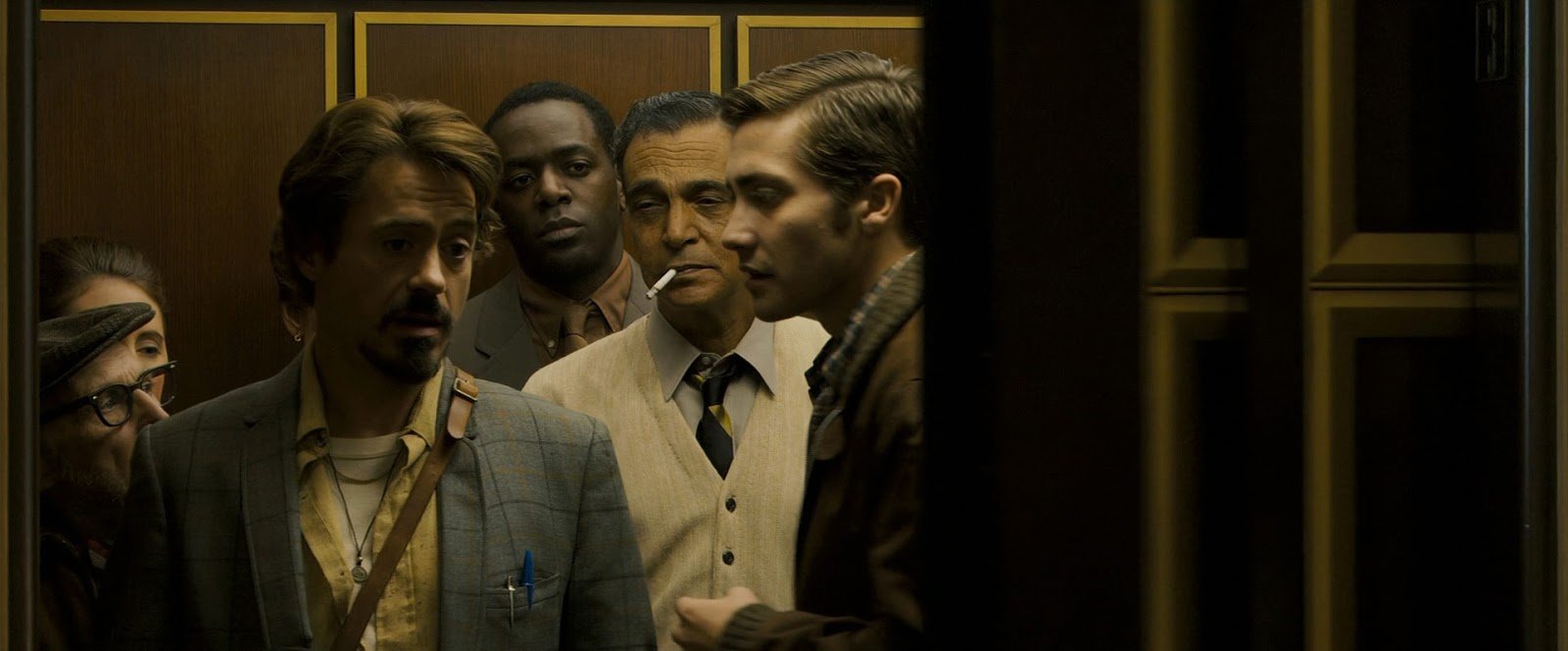
Quick Tip: Cars Move
Quick Tip - Cars Move
You're lining up a shot where a car is going to drive down a street and into frame and the rest of the scene will play out there. The actors rehearse and the crew is given the set. It is likely, and smart, for you to ask that the car be left in its final position so you can set your camera position and start to look for issues.

Operator Tidbits
Camera movement when necessary but, otherwise, try to let actors play the frame, even to extreme frames. Try not to adjust frames during a shot unless the shot requires it. Play the space not the subject.
Blockage is good as is foreground. Dirty frames whenever possible, even if it’s an element in the room and extreme angles as well when it tells the story.

Quick Tip: Everyone Can Hear Everything
One of the things that will happen on a show you are on after a while is that you will get comfortable with your crew and you will weirdly start to feel at home on set. Its makes sense because often, while a show is shooting, you will spend more time with the crew than you will with your family. And as a result, it's inevitable that you will get comfortable being there, get to know the people you are working next to all day, and, as it is a normal human emotion even on the easiest of shows, experience frustration from time to time - with specific people, with productions, with the show itself, and beyond.
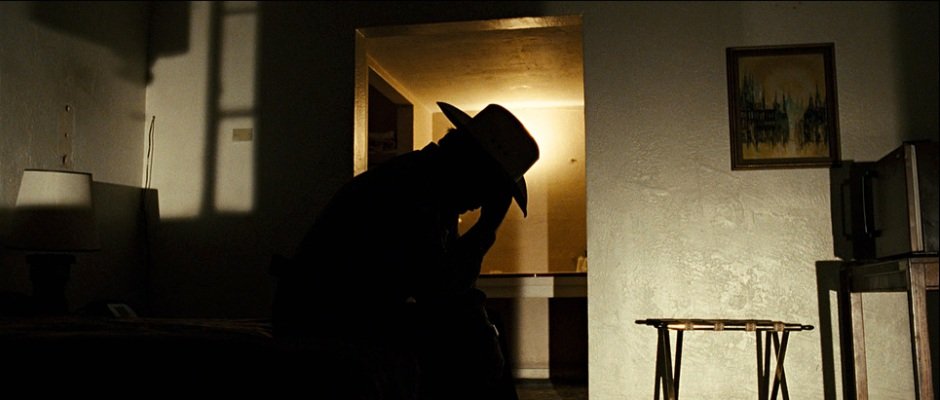
Quick Tip: Be Careful With Shot Bags On A Slider
When using a slider right on the ground the grips will often put a shot bag on either side of it so it doesn’t move around. Newer (and likely all) shot bags are now filled with metal shot as opposed to sand. There is a round magnet built into most of these sliders that, when it comes close to the opposite magnet at the end of the slider, it is repelled.

Be an Actor Advocate While They Aren’t There
The rehearsal is over and the crew takes over the set. Invariably things move, lights come in, flags are set, dolly track is laid, and a number of things begin to happen all at once. As the camera operator, it is your job to make sure that the shot that has been decided on is achievable and there will likely be things adjusted to make sure that this can happen. But at the same time, you need to be an actor advocate on set and consider what the actors, who aren’t there to give their input, might need in order to fulfill the scene as rehearsed.

